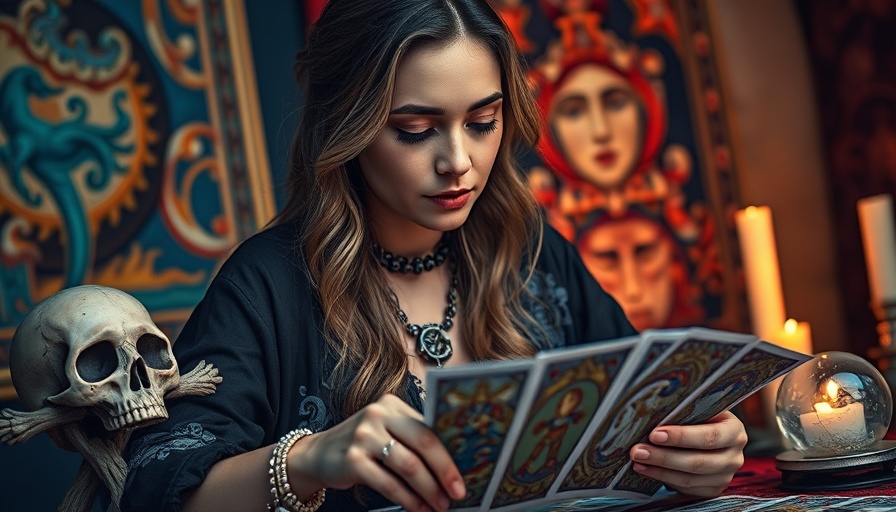
Astrology's Growing Influence Among Americans
According to a recent Pew Research survey, approximately 30% of American adults engage with astrology, tarot cards, or other fortune-telling methods at least once a year. However, only a small fraction — around 1% — claim to rely heavily on these practices when making significant life decisions. This trend indicates not just a curiosity but a burgeoning market, highlighted by the psychic services industry's impressive $2.3 billion revenue generated in 2024.
Demographic Insights: Who’s Consulting the Stars?
The survey displayed significant demographic differentials in the belief and engagement levels with astrology. Younger adults, particularly women aged 18-49, are leading the charge, with nearly 40% expressing a belief in astrology. Meanwhile, LGBTQ+ adults showed a remarkable affinity, with about 50% consulting horoscopes or astrological insights regularly.
The Disconnect: Age and Belief
Older adults, especially those over 65, along with politically conservative individuals and those holding high degrees are less likely to engage with these mystical practices. Interestingly, religious affiliation revealed that nearly 30% of religious respondents believe in astrology, echoing trends found among those unaffiliated with any religion.
Cultural Reflection: Why Astrology Is Thriving Now
Market analysts note that as traditional skepticism about psychics has waned amidst societal uncertainties, Americans are increasingly embracing these mystical services. The comfort they find in astrology during turbulent times is driving a notable shift in how these practices are perceived, making astrology not only a source of entertainment but a delightful distraction and a source of insights.
What This Means for the Future
As belief in astrology grows, its cultural significance might elevate further. This trend reshapes how communities navigate life's uncertainties, particularly among younger demographics who seek not just entertainment but companionship in shared beliefs and experiences. Engaging with astrology could evolve beyond personal belief systems into a broader cultural phenomenon that embraces diverse perspectives and practices.
The insights from the survey shed light on the evolving landscape of belief and practice in America. As our society grows more diverse, the allure of astrology persists, intertwining with various social structures, interests, and identities.
 Add Row
Add Row  Add
Add 




Write A Comment